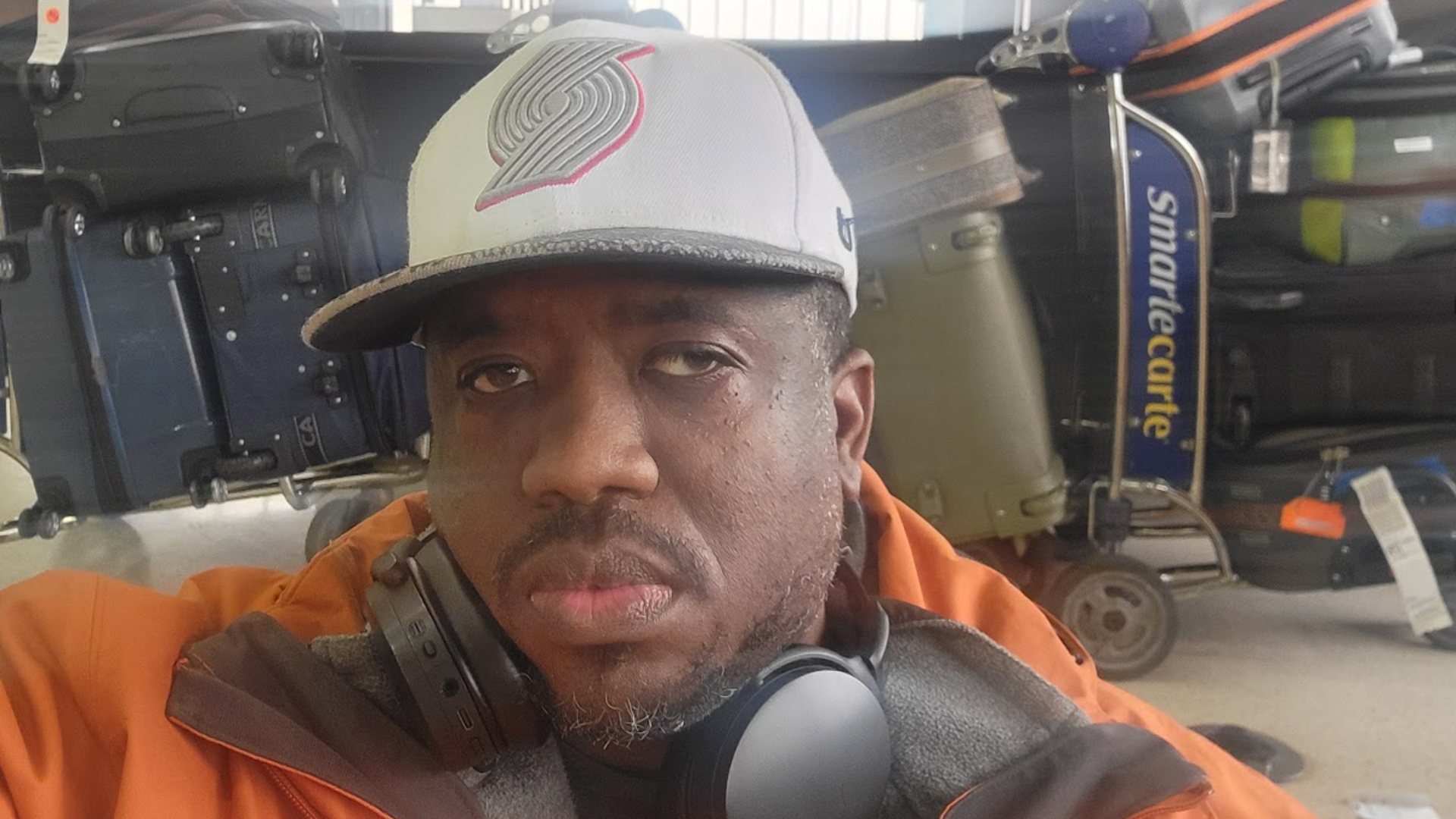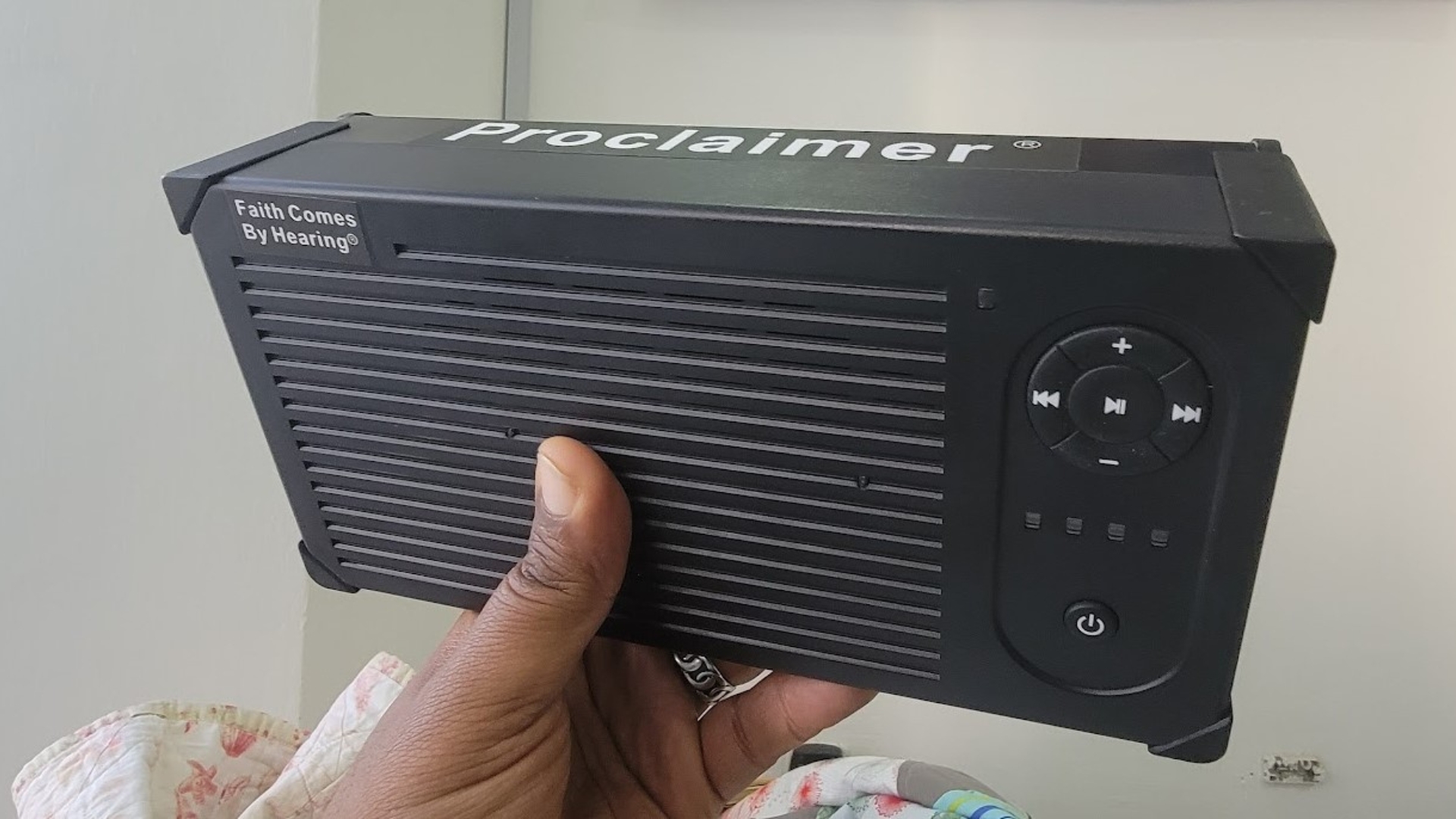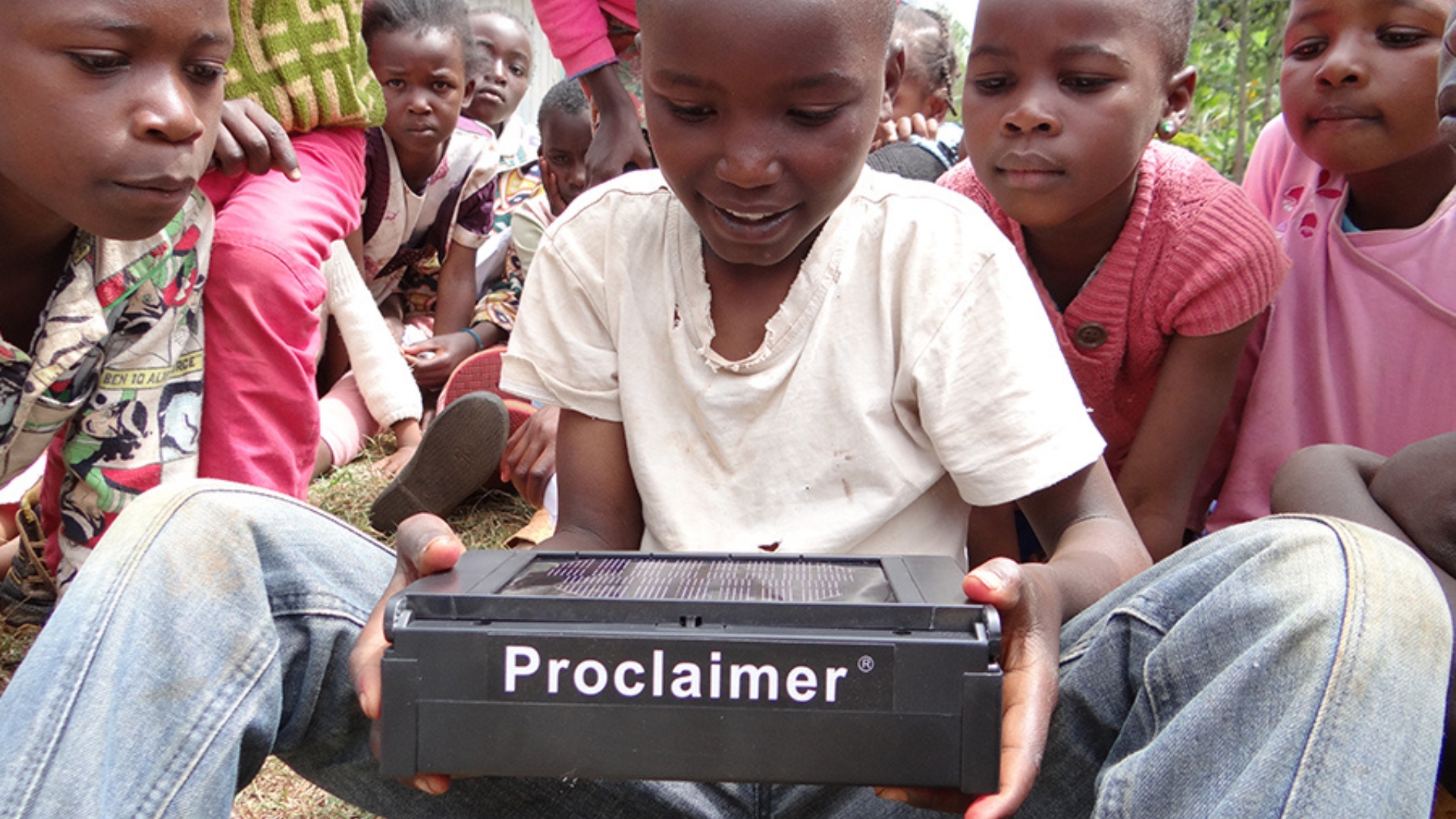Many Christians joyously share testimonies of how God freed them from their baggage. Usually they don’t mean it literally. In my case, I recently ended up with extra baggage—a lot of it. And I didn’t appreciate the value of what I was carrying around with me until later.
Before flying to Mozambique to visit Serve Globally personnel and ministry last spring, I connected with two people from Life Covenant Church in Torrance, California. After I met them curbside at LAX, they helped me to check into my next flight with ten additional suitcase-sized bags. Yes, you read that correctly—ten additional bags, to bring from Los Angeles to Beira, Mozambique.
After they paid the appropriate fees and helped smooth out the details with the gate agents, we shared fellowship over Thai food. I thought that would be the end of it.
But when I landed in Newark, New Jersey, I realized there was a problem.
As it turns out, if your layover is longer than eight hours, most airlines require you to claim your bags and re-check them before you depart. My layover in Newark was almost 12 hours and involved two different airlines. So that meant I had to gather all ten bags them from the United baggage claim, then traverse across the airport to a different terminal. Even with the help of an intrepid baggage handler who went above and beyond the call of duty, it felt like the equivalent of pushing three shopping carts full of food over five blocks during a snowstorm…for two hours.

When I arrived at the international terminal at around 11 AM, I learned the gate agents for Ethiopian Airlines would not be onsite until a few hours prior to my 10 PM departure. There was no place to securely store ten suitcase-sized bags. So instead of meeting a friend in the Bronx as I’d intended, I spent the day in the lobby of the terminal. I couldn’t even leave to go get food, so I put in a meal delivery order, met the guy outside at the curb, and paid almost $40 for a $20 meal. Using the bathroom meant I had to push the three luggage carts down a hallway, in and out of an elevator, and through another hallway.
It was not my idea of a good time.
Eventually, I got the bags re-checked and continued on my journey. When I arrived in Beira, I got to see the contents of all those bags.
Each one contained several boxes of audio Bibles, specifically a breakthrough model called the Proclaimer, made by an organization called Faith Comes by Hearing. At that point, I began to see those bags in a different way—not as burdens, but as precious gifts
Christianity is a storytelling faith.
Growing up in 20th-century North America, I learned to view the Bible as a written artifact. It was not simply a book but a compilation of many books. Pastor and theologian Trey Ferguson calls it a whole library.
But the truths in the Scriptures were passed down orally from generation to generation, long before they were ever recorded in written form. That’s one of the reasons we know Jesus liked to tell stories. He descended from a Jewish storytelling tradition.
In the 21st century, people groups in developing nations are often still primarily oral societies. That’s who Faith Comes by Hearing wanted to reach with the Proclaimer, which first came to market in 2004. “In 2000, we found that cassette tapes were not practical for the millions of people around the world without electricity,” says the company on its website. By contrast, the Proclaimer runs on solar power and can be hand-cranked to generate power.
According to New Testament scholar Helmut Koester of Harvard Divinity School, oral traditions figure heavily in our analysis of biblical texts. For example, the Apostle Paul’s reflection on the life and death of Jesus in Philippians 2 is said to be quoting from a common hymn of the day. “The telling of the [gospel] story is anchored in the worship life of the community,” said Koester in a 1998 PBS Frontline special on the life of Jesus. “It becomes story as it is retold, resung….It could be resung as a hymn but retold as a narrative.”
Faith leaders in Mozambique confirmed that this is exactly what the Proclaimer helps them do. Most of the indigenous people there speak a variety of tribal languages, and many have no ability to read or write in any language. Because of the country’s colonial history, Mozambique’s official language is Portuguese, but that’s the language of the government.
Before the Proclaimer, many Mozambican pastors had difficulty sharing longer passages of God’s Word with their congregations. They had to rely on their own memories and create their own linguistic interpretations. But the Proclaimer enables them to play Scripture for people in their own heart language. They can play a verse or two, then stop to help the congregation understand what they’ve heard.

I’m a huge fan of NBA basketball, specifically of my hometown Portland Trail Blazers. There’s a tradition at Blazers games that I now see in a new light. While the two teams are warming up, the arena staff take the game ball way up into the stands and pass it to someone. That person passes it to someone else and so on until the ball travels across and down the whole arena and onto the hardwood court. Fans love the tradition because getting to pass the actual game ball makes them feel like they’re part of the action. They’re no longer mere spectators, but, somehow, participants.
That’s how I felt when I heard about how grateful the Mozambican pastors were to get their hands on Proclaimer audio Bibles. All that I went through with those bags wasn’t a hassle to overcome—it was a privilege of participation.
Paul hints at this when he talks about being joined with Christ through the fellowship of his suffering. I don’t have the pastoral privilege of walking with believers in Mozambique through life’s ups and downs, and I don’t get to see their faces light up when they hear that God loves them and has a plan for their life. Those Mozambican pastors are the ones who get to do that work.
But I got to pass them the ball.
And that’s some emotional baggage I hope to never lose.














